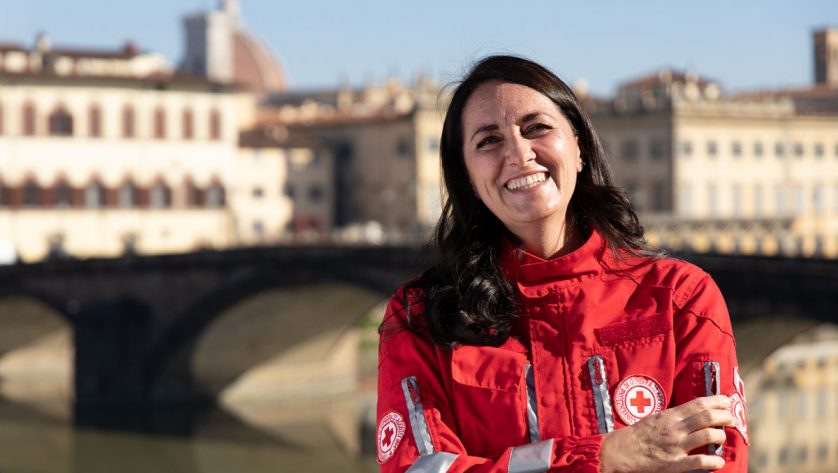Recycled pavilion gets new life in Burkina Faso
As donors and international organizations discuss how best to support local organizations, many are coming up with their own ideas on how to ensure self-financing of local humanitarian relief.
Here’s just one: For the Burkinabe Red Cross Society, one solution is to develop local revenue sources to self-finance community services. The National Society has long run two schools that provide employment, teach underprivileged children and even produce a small amount of revenue for humanitarian activities.
Now the Burkinabe Red Cross is going a step further by taking advantage of an unusual gift from the government of Monaco — a pavilion built for the Universal Exposition in Milan, Italy in 2015. After the exposition ended, the pavilion was dismantled and sent to Burkina Faso where it will serve as a multi-disciplinary education centre with an adjoining hotel at Loumbila, close to the country’s future main airport, some 23 kilometres from the capital Ouagadougou. “The centre aims to be a reference centre that will empower the Red Cross and Red Crescent Movement’s human capital in Western Africa”, says Wendpagnangdé Jocelyne Sankima, project manager for the Burkinabe Red Cross.
The Loumbila centre will provide up-to-date training in first aid and emergency response to volunteers and staff from around the region and will also give vulnerable people in the local community, particularly youth, the opportunity to access basic education and skills training.
The centre’s large vegetable garden and space for a market will permit groups of women to grow and sell vegetables, while the hotel, restaurant and conference rooms will be used for education and training of employees.
The advantages: The Burkinabe Red Cross will expand its capacity to run training courses while the hotel provides a source of revenue for National Society activities. The National Society feels its decision to entrust the hotel management to a private company limits some of the potential risks associated with running a private business as part of the centre.
The Monaco Red Cross, which also supports the project, hopes other governments will follow suit and put their pavilions to good use. “The next universal exposition will take place in Dubai in 2020 under the theme ‘energy and sustainability’,” says Adeline Le Diguerher, head of the project for the Monaco Red Cross. “By raising awareness among National Societies, we hope they will suggest to their governments that they make their pavilions with modular materials so that they can be reused by National Societies as hospitals or schools, for example.”
 Red Cross Red Crescent magazine
Red Cross Red Crescent magazine 






 Tech & Innovation
Tech & Innovation Climate Change
Climate Change Volunteers
Volunteers Health
Health Migration
Migration